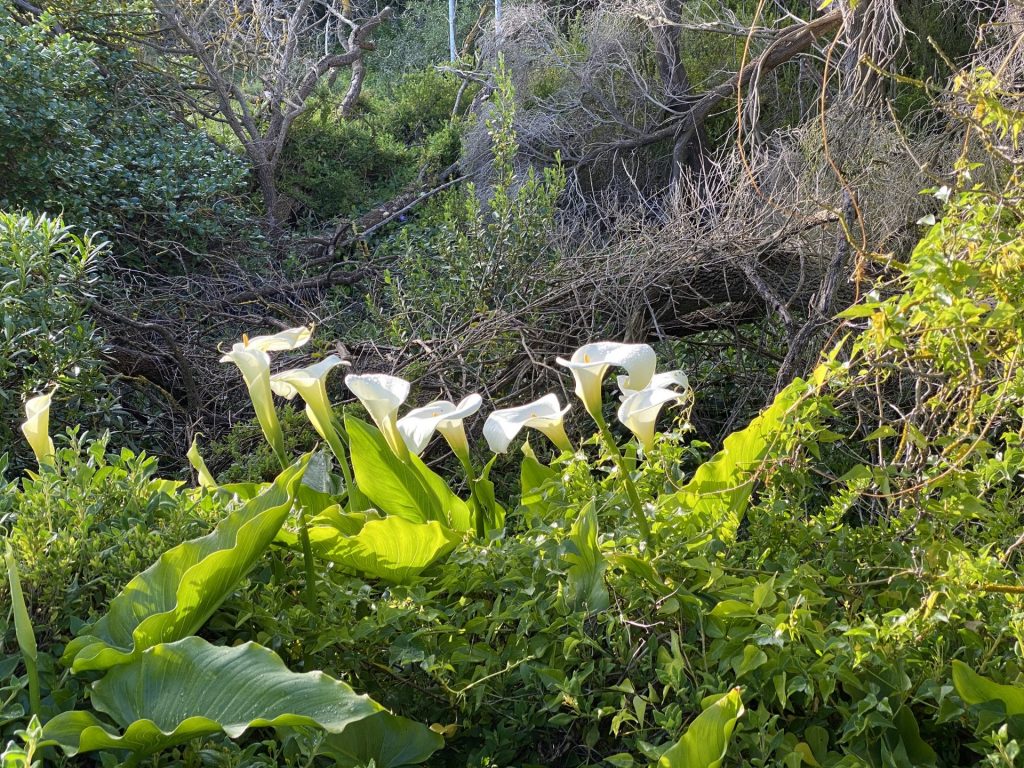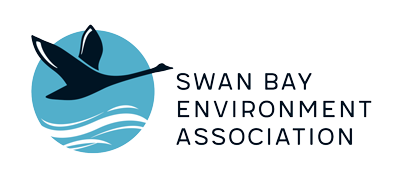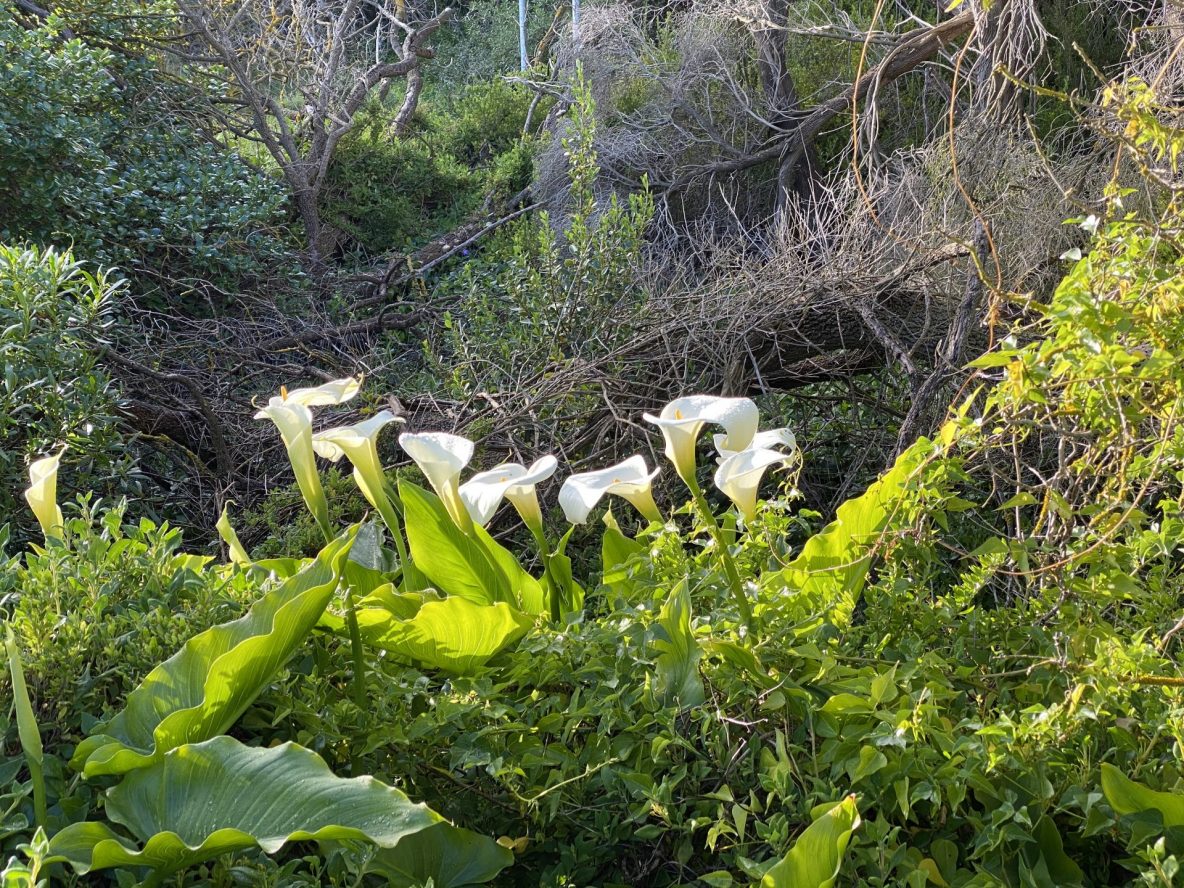
SBEA President, Greg Parry, is calling for action on the spread of weeds in the Borough of Queenscliffe.
Much attention has been drawn to the damage to coastal vegetation caused by bike riders, but much larger areas of our native vegetation have been damaged by the long-term neglect of exotic weeds. These changes are slow, insidious and less dramatic but probably more serious in the long term.
Ecologist Mark Trengrove surveyed coastal vegetation in the Borough in 1992 and found that the 140 indigenous species were outnumbered by 160 naturalised species. While much work has been done over the years to reduce weeds in the Borough, they remain a serious problem that needs ongoing attention.
In my view, after climate change, weeds are our most serious local environmental challenge. Indeed, like many problems, climate change is likely to worsen our weed problem, as it alters the environment in which our native species evolved, potentially advantaging the invaders further.
There is a clear need for a well-considered and carefully implemented plan to address the weeds in the borough. In doing so, we could learn much from the approach of the Phillip Island Nature Park* to weeds. Their strategy has three main goals:
- Prevent new and emerging weeds from establishing
- Minimise the impact of established weeds
- Enhance capacity and commitment to solve weed problems.
These goals are supported by good record keeping that is maintained in a GIS (Geographic Information System) database i.e. digital maps. Good record keeping is important to ensure that sites where emerging weeds are removed are revisited to ensure any regrowth is removed promptly.
Similarly, where established weeds are cleared (Polygala, Italian Buckthorn etc.) from larger areas, these areas need to have adequate follow up to ensure new seedlings are removed prior to seed set. There are currently areas in the Narrows where follow up weeding is urgent to ensure Polygala does not again dominate areas previously cleared of this and other weeds.
There also looks to be plenty of opportunities for ‘enhanced capacity’ through stronger cooperation between SBEA, the Bellarine Catchment Network, the Borough of Queenscliffe and the local community. An adequate plan would facilitate this cooperation.
Council are currently developing a weed management strategy and SBEA has recently written to council to ensure we are consulted prior to its completion. I will keep you posted on their response.
*https://www.penguins.org.au/assets/Conservation/Environment/PDF/PINP-Weed-Strategy-ONLINE.pdf
In other news: Felicity Thyer steps down as coordinator of the Gardens for Wildlife program; Borough of Queenscliffe Climate Emergency Response Plan; The nursery re-opens again; Repairing damage to Bunny Woods and Rip View woodlands; Caring for our Bays Litter Hotspot Report; Orange-bellied Parrots return to Swan Bay.

